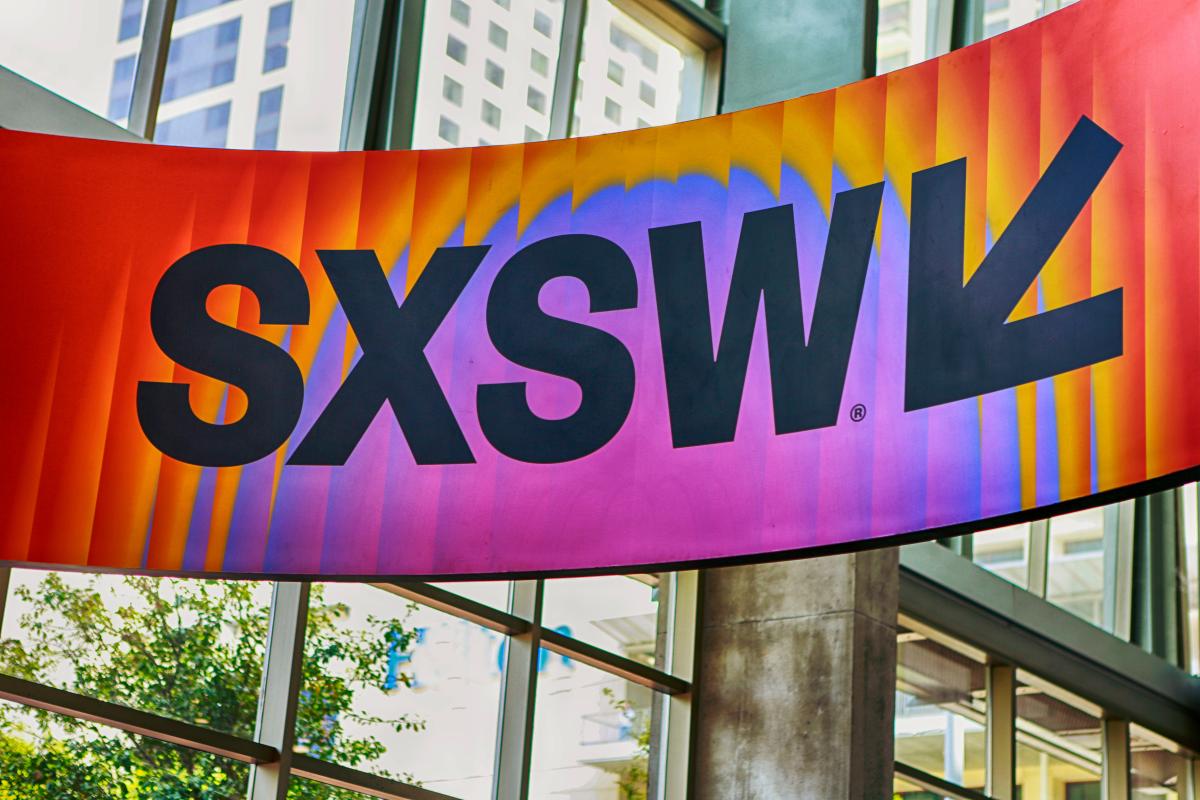Silicon Valley buzzes with a relentless energy, a beacon for tech zealots who see innovation not merely as a path but as the autobahn to a luminous future. These visionaries, fuelled by a conviction that surges through the digital era's veins, are more than just inhabitants of a tech utopia; they're the embodiment of a broader zeitgeist of the idea of abundance. Yet, beneath this shimmering veneer of breakthroughs and boundless possibilities lies a reality far more intricate. It's time to peel back the layers of this digital dream and confront it for what it truly is: not a straightforward equation, but a gnarly, complex algebra of progress, society, and perception.
The 2024 Edelman Trust Barometer reveals a critical paradox: While innovation carries the promise of prosperity, it also risks deepening distrust and societal fragmentation. Our findings highlight a vital directive for the tech sector: The public's willingness to embrace innovation hinges on clear, compelling communication of its potential to foster a better future. It's not that innovations lack purpose or potential benefit. Rather, the challenge lies in how these visions are articulated and shared with the world. The industry's imperative, therefore, is to shift from merely innovating with intent to effectively conveying how these innovations serve the broader societal good, ensuring that the narrative of progress resonates with and is accessible to all, bridging the gap between technological advancement and public trust.
Historically, tech upheavals have dangled the carrot of a utopia: more productivity, fairer wealth distribution, a better life for Joe and Jane Everyone. The digital age, turbocharged by AI, big data, the Internet and the Cloud, was supposed to put us on the fast track. And sure, in many ways, life's good. We're living in an era of medical miracles, lifted many people out of poverty, have taken child mortality from a coin-flip to just 5 percent in a century, we have full global connectivity, and access to pretty much every piece of information and entertainment ever created, all from the smartphones in our pockets. Sounds like nirvana, right?
But here's the rub: Tech’s glorious narrative is crashing hard against a stark, uncomfortable reality.
Issues with innovation
Technology, for all its promise and wonder, has become a double-edged sword in our societal drama. It demands a more nuanced, multi-dimensional view. The skepticism extends beyond the gadgets and algorithms to the narratives, governance, and ethical scaffolding that envelop them. Sam Altman, Open AI’s CEO, nailed it with a recent post to X when he said, "The fight for the future is a struggle between technologically driven growth and managed decline... Stasis is a myth." This isn't just a pithy soundbite; it's the crux of the chasm between the tech elite's vision and the public's lived reality.
The digital revolution, while minting billionaires and birthing technological marvels, is also scripting a darker tale of widening inequality. In this brave new world, the 1 percent are feasting on the economic pie, while the bottom 50 percent are left scraping the crumbs. The younger set is staring down the barrel of a future where they might not even match, let alone beat, their parents' standard of living.
For someone bullish on tech like me, this is a conundrum wrapped in an enigma: How do we reconcile the clear, tangible boons of innovation with the chasms it's carving through society?
Now, let's talk about the elephant in the room: Artificial Intelligence. AI seems to be the poster child of our era's contradictions. On one hand, it's the golden ticket to efficiency, personalized experiences, and solving problems we've been scratching our heads over for centuries. On the other hand, it's a Pandora's box of job displacement, misinformation, energy guzzling, and ethical quandaries over machines making decisions for us.
As AI stitches itself into the fabric of everyday life, the real challenge is making sure this juggernaut doesn't just succumb to society's already-cracked foundation but acts as a jack to lift everyone up. Our report finds that, globally, the jury is still out on AI: 30 percent embrace it and 35 percent reject it, whilst the other third are somewhere in between. We need to pivot the AI narrative from one of unchecked giddiness to a more grounded, nuanced conversation that weighs its far-reaching implications and steers its evolution with transparency, fairness, and inclusivity.
A vision for the future
We need a blueprint for the future that's less anarchic rebel, more thoughtful architect. Chasing the next disruption without a game plan isn't going to cut it. We need to articulate and pursue a vision of the society we're trying to build. This vision needs to tackle our climate crisis head-on, grapple with the ethics of our ambition, and ensure the fruits of our labor are shared, not hoarded.
As environmental alarm bells ring louder, some folks are advocating for pumping the brakes on this breakneck pace of innovation, suggesting maybe we need to downshift our lives a bit. They're pushing back against the innovation-for-innovation's-sake narrative, the dopamine-fuelled rush for clicks and consumption. While this might sound antithetical to Silicon Valley's gospel, it's a critical counterbalance. It's a call to innovate with intention, responsibility, and a keen eye on the footprints we're leaving behind.
Reshaping us for the better
We've got to meld the vast potential of AI and digital tech with a conscientious approach to governance, ethics, and societal impact. And that’s what people want: Respondents from our study go from being hesitant about adopting AI when not confident it is being regulated effectively to being enthusiastic about the innovation when they do have confidence. This isn't just about dreaming up the future; it's about actively sculpting a tomorrow where the bounty of innovation is shared broadly, fostering a dialogue that strikes a chord with both the optimists and the skeptics. By championing technology-driven growth while tackling its complexities head-on through solid governance and crystal-clear communication, we can craft policies that ensure innovation isn't just the playground of the elite but a boon for the masses. At the heart of this mission needs to be a compelling vision that spells out not just the 'what' of our innovations but the 'why' and the 'for whom'.
The future is more than just churning out game-changing tech; it's about ensuring that this tech reshapes our social fabric for the better. We've got the brains, the tools, and the guts to steer this revolution toward a horizon that's not just wealthy but wise, fair, and green. The algebra of progress is complex, but the solutions are within our grasp. Our mission isn't just a tug-of-war between growth and decline; it's a vision for a legacy worth passing down. Let's get to it, let’s inspire progress.




